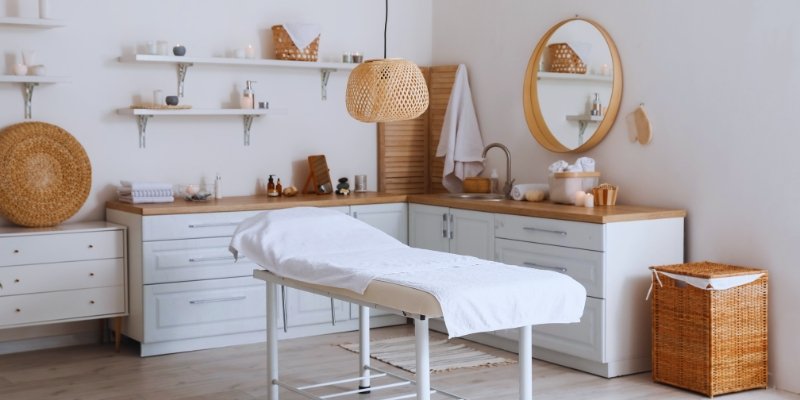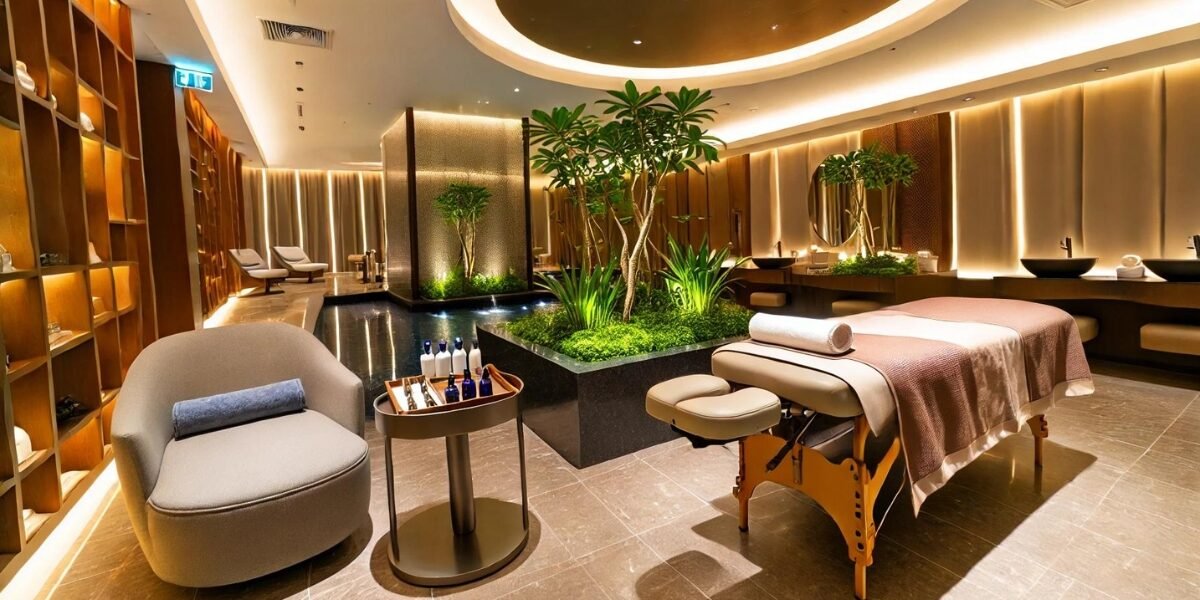Starting a spa business in Singapore can be a lucrative venture, given the increasing demand for wellness and relaxation services in a fast-paced urban environment. This article outlines the essential steps, regulatory requirements, market dynamics, and operational strategies necessary for successfully launching a spa business in Singapore.
Understanding the Market Landscape

The wellness industry in Singapore is thriving, with a growing consumer base seeking relaxation, rejuvenation, and holistic health services. The spa sector includes a variety of offerings such as massages, facial treatments, body scrubs, and wellness therapies. With a focus on self-care and mental well-being, more individuals are investing in spa experiences, making this a promising market for new entrants.
To succeed, entrepreneurs must conduct thorough market research to identify target demographics and understand consumer preferences. Key factors to consider include location, service offerings, and pricing strategies. High-traffic areas, such as shopping malls or popular tourist destinations, can enhance visibility and attract customers. Additionally, offering unique services or packages can help differentiate your spa in a competitive landscape characterized by both established brands and new startups.
Legal Requirements and Business Registration

Starting a spa business in Singapore involves navigating a complex legal framework. The first step is to register your company with the Accounting and Corporate Regulatory Authority (ACRA). Entrepreneurs can choose from various business structures, such as a sole proprietorship or private limited company, each with different implications for liability and taxation.
After registering your business, obtaining the necessary licenses is crucial. A Massage Establishment License (ME License) is required to operate a spa that offers massage services. This involves submitting an application to the relevant authorities, which includes a fee that varies based on the duration of the license (e.g., SGD 290 for one year). Additionally, approval from the Urban Redevelopment Authority (URA) may be required if the spa is located in a commercial space, which ensures compliance with zoning laws and regulations.
Building a Strong Operational Framework

A solid operational framework is vital for the success of a spa business. This includes hiring qualified staff, establishing service protocols, and investing in quality equipment. Recruiting licensed therapists and estheticians is essential for delivering high-quality services, and ongoing training can ensure staff stay updated on the latest techniques and trends in the wellness industry.
Creating a comfortable and inviting atmosphere is also critical. The decor, ambiance, and customer service should all contribute to a relaxing experience that encourages repeat visits. Implementing efficient booking and management systems can enhance customer experience and streamline operations, allowing for better scheduling and resource management.
Additionally, maintaining high standards of hygiene and safety is paramount, especially in the post-pandemic landscape. Compliance with health regulations and regular sanitation practices can build trust with clients and enhance the spa’s reputation.
Marketing and Client Acquisition Strategies

Once the operational aspects are in place, focusing on marketing and client acquisition is crucial for growth. Establishing a strong online presence through an informative website and active social media engagement can attract potential clients. Content marketing, such as wellness blogs or tips for self-care, can position your spa as an authority in the industry.
Networking within the wellness community and collaborating with local businesses can create valuable partnerships. Offering promotions, loyalty programs, or referral discounts can incentivize repeat visits and encourage word-of-mouth marketing. Participating in community events or wellness fairs can also raise awareness of your spa and attract new clients.
Utilizing customer relationship management (CRM) tools can help manage client interactions, track bookings, and analyze customer preferences. Providing exceptional customer service and maintaining open communication channels can foster long-term relationships, which are essential for repeat business in the spa industry.
Conclusion
Starting a spa business in Singapore presents significant opportunities for growth and success in the burgeoning wellness industry. By understanding the market landscape, adhering to legal requirements, building a robust operational framework, and implementing effective marketing strategies, aspiring entrepreneurs can position themselves for success. With the right approach, your spa can thrive in Singapore’s competitive environment, contributing to the well-being of clients and the overall wellness culture in the region.






